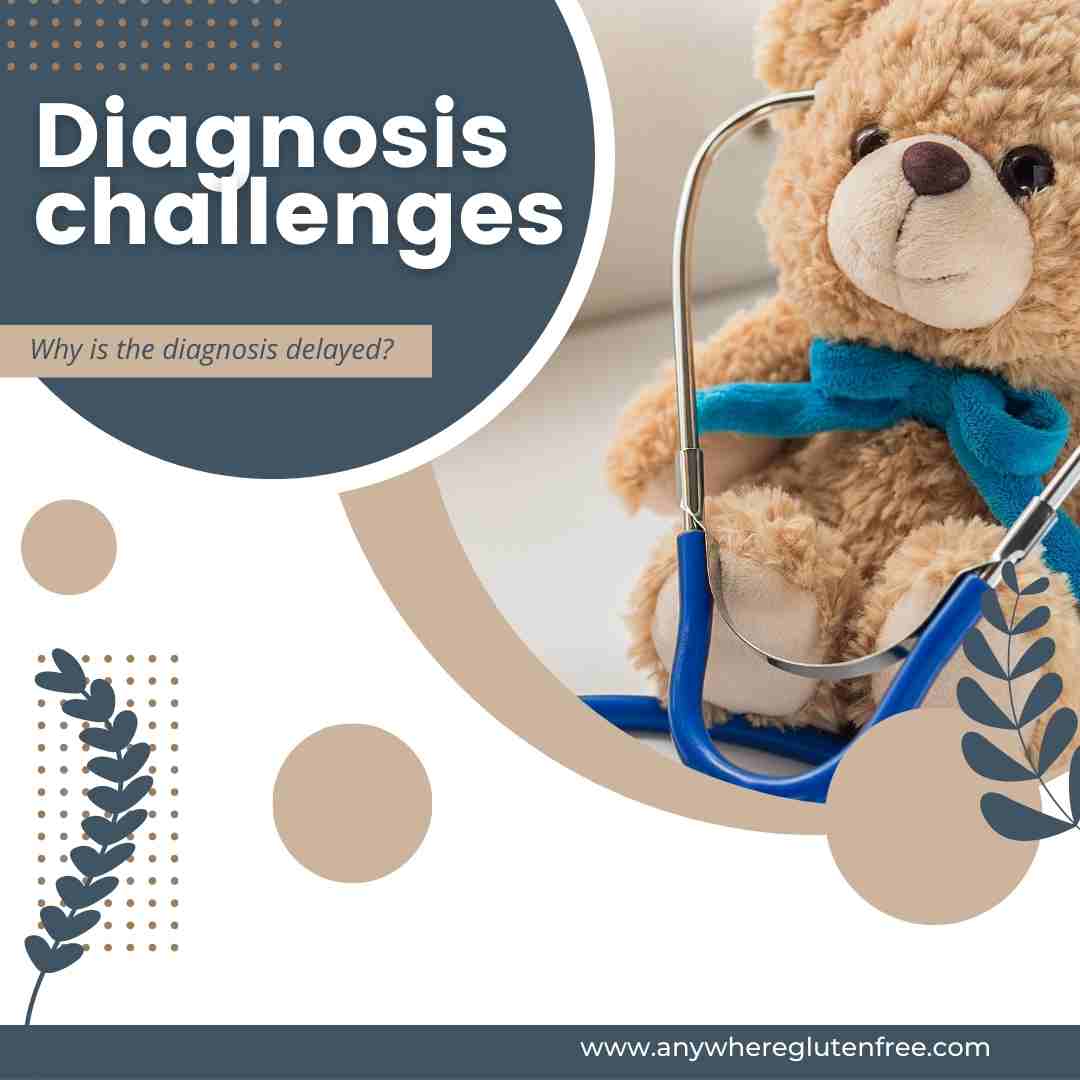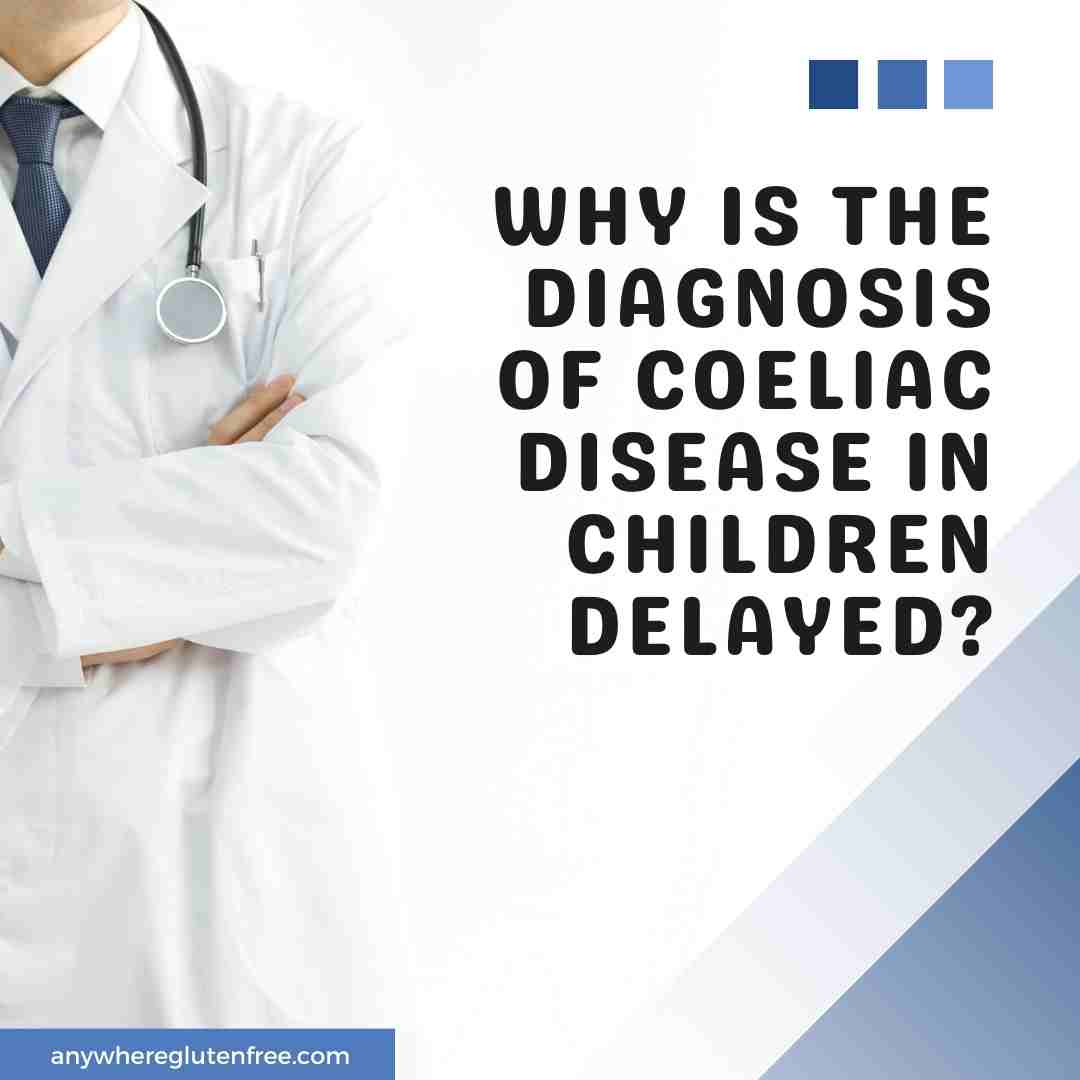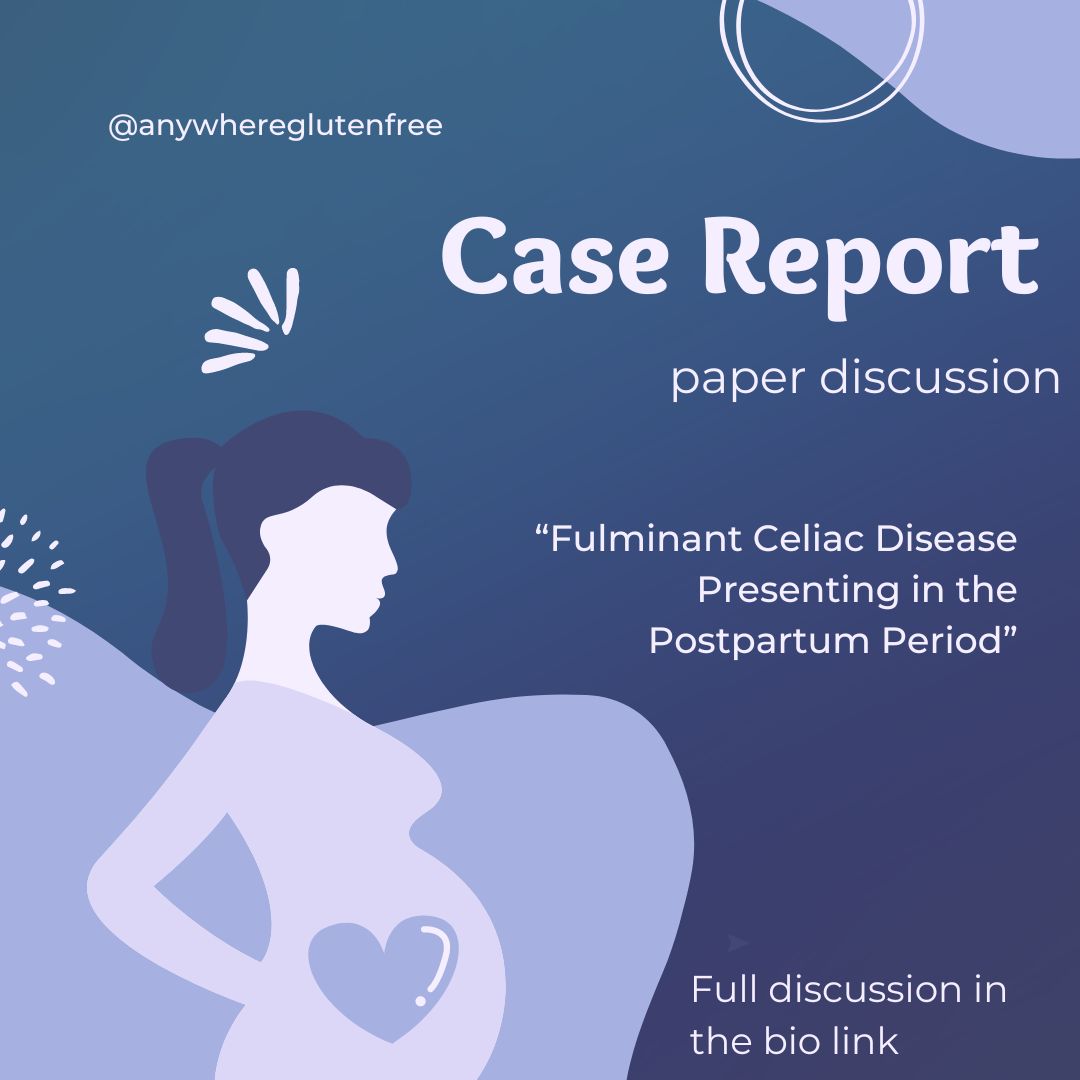Why is the Diagnosis of Coeliac Disease in Children Delayed?
The topic of delayed diagnosis of coeliac disease in children caught my attention after reading a clinical problem discussion from an Indian hospital. As someone who suffers from coeliac disease, it’s frustrating to see children endure symptoms for years before receiving a diagnosis, especially when their symptoms are obvious gastrointestinal issues.
During my time in Asia, I heard a doctor claim that coeliac disease was an European disease and therefore not typically investigated in Asian countries. This couldn’t be further from the truth as there are numerous studies showing a prevalence of 1% or higher in Asian countries. It’s essential that doctors stay updated on current research to improve their understanding of coeliac disease and increase the chances of early diagnosis.
One of the most distressing things for me is the number of children who remain undiagnosed. Parents often report that doctors have tested for everything and claim that the child’s immune system will get stronger and their symptoms will eventually improve. However, it’s crucial that doctors consider gluten intolerance as a possible cause of the symptoms and conduct an anti-tTG test. While this test may not provide a definitive diagnosis of coeliac disease, it’s an important first step in the diagnostic process and can lead to further investigation if necessary.
What is coeliac disease:
Coeliac disease is a chronic autoimmune disorder that affects the small intestine. It is triggered by the ingestion of gluten, a protein found in wheat, rye, and barley. In individuals with coeliac disease, the immune system reacts to gluten and causes inflammation and damage to the lining of the small intestine, leading to malabsorption of nutrients.
Symptoms in children (and adults)
Children with coeliac disease often experience a range of symptoms, similar to adults, including abdominal pain, bloating, diarrhoea, constipation, weight loss, and fatigue. However, the challenge is that these symptoms are not specific to coeliac disease and can be attributed to other conditions, such as lactose intolerance, inflammatory bowel disease, and irritable bowel syndrome. As a result, the diagnosis of coeliac disease in children can be challenging, and it often takes a long time to be confirmed. This is true to the diagnosis of coeliac disease in adults as well.

Diagnosis challenges
One of the main reasons why children with coeliac disease take so long to diagnose is because the symptoms can be vague and non-specific. Children may present with a range of symptoms that could be attributed to other conditions, leading to misdiagnosis or delayed diagnosis. Additionally, some children with coeliac disease may not experience any symptoms at all, making it even more challenging to identify the condition.
Another factor that contributes to the delay in diagnosing coeliac disease in children is the lack of awareness and understanding of the condition among healthcare professionals. Many doctors may not be familiar with the signs and symptoms of coeliac disease, or they may not consider it as a potential diagnosis. As a result, children may be misdiagnosed or referred to multiple specialists before receiving the correct diagnosis.
Finally, the diagnostic process for coeliac disease can be complex and time-consuming. The gold standard for diagnosing coeliac disease is a small bowel biopsy, which involves taking a sample of tissue from the small intestine to examine for signs of inflammation and damage. However, this procedure requires sedation or anaesthesia, which can be challenging for young children. Additionally, the results of the biopsy may not be conclusive, leading to further testing and delay in diagnosis. Although I’ve noticed that most hospitals are diagnosing based on blood tests and gluten free diet.
In conclusion, children with coeliac disease may take a long time to diagnose due to the non-specific symptoms, lack of awareness among healthcare professionals, and the complexity of the diagnostic process. Early diagnosis and treatment are crucial for children with coeliac disease to prevent complications and improve their quality of life. Therefore, it is essential for parents and healthcare professionals to be aware of the signs and symptoms of coeliac disease and to consider it as a potential diagnosis in children with gastrointestinal symptoms.
My experience:
I’m considered a “silent coeliac”. 🤷♀️When I was diagnosed the doctor could not believe my biopsy result was Marsh B2. He asked “are you sure you don’t feel any pain or disconfort?” No, I didn’t. I think after years avoiding gluten, sometimes I feel bloated but I never know if it was contamination or I just ate too much. That’s why I focus on doing duodenal biopsies as a follow up of my disease.
My diagnosis with coeliac disease was only possible because my mother also has the condition. If I didn’t have any family members with coeliac disease, I might never have been investigated, which gives me anxiety. Late diagnosis can lead to the loss of digestive properties and even an increased risk of cancer.
In Ireland, coeliac disease is prevalent, and anyone with anemia or gastrointestinal issues is routinely investigated for the condition. I believe that since coeliac disease is a “simple” disease to manage, hospitals worldwide should also consider routine investigation for the disease. This would prevent both children and adults from suffering in silence and experiencing the long-term consequences of a late diagnosis.
I would love to hear about your experience with coeliac disease diagnosis. Did you face challenges during the diagnostic process? Please share your thoughts and experiences!!
Reference:
https://www.pediatriconcall.com/pediatric-journal/view/fulltext-articles/1456/T/182/0/0/new
Disclosure:
Please note that this blog discusses scientific publications related to celiac disease, autoimmune diseases, and personal experiences. I am a pharmacist with a Ph.D in immunology and a post-doctorate in gastroenterology so I enjoy reading publications 😁. By the way, my mom and I are both celiacs.
It is important to remember that scientific research is an ongoing process and findings can change over time. While I strive to present accurate information based on the publications I review, my discussion of these publications should not be taken as a confirmation of their findings.
It is also important to keep in mind that there is still much that is unknown about celiac disease, autoimmune diseases, and their treatment. Therefore, any information presented on this blog should be considered in the context of the discussed publication and should not be used as a substitute for professional medical advice.
We encourage readers to discuss any questions or concerns they may have about diseases with their healthcare provider, who can provide individualized guidance based on the latest clinical practice guidelines.




Leave A Comment
You must be logged in to post a comment.